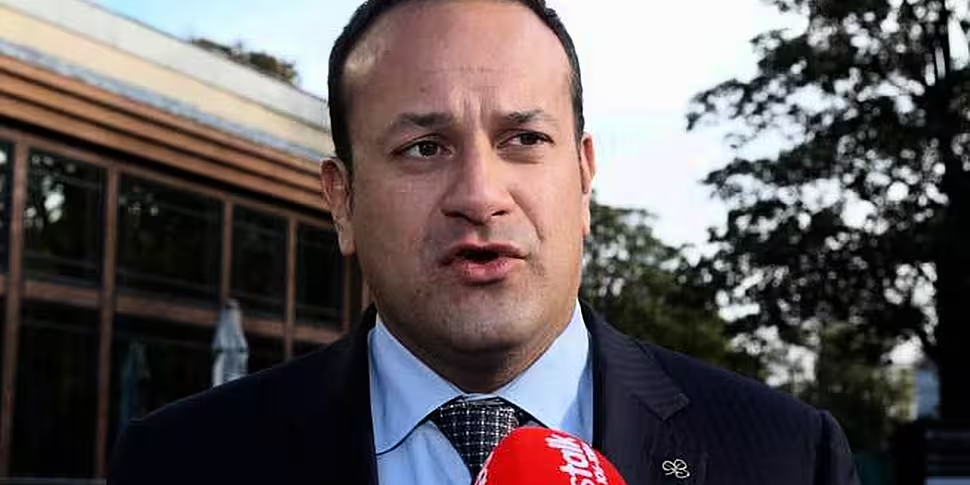They caused the government parties to have a serious meltdown at the local elections. They caused untold pain to families who lost them and they may, or may not, have caused James Reilly his rooftop office in Hawkins House.
Medical cards.
For something that took up so much of our energy, yesterday’s announcement by Minister Varadkar left me thinking... meh.
For those who have not seen the proposals, the main parts are:
- The HSE can provide therapies and appliances to people without a medical card if that is what they need. However, they will face waiting lists along with others in the queue and the delays vary across the country.
- One application form will cover a medical card, GP card and long-term illness card. A senior HSE manager has been appointed to lead the change.
- The terminally ill will no longer be subject to formal review to hold on to their cards.
The headline grabber is those who have terminal illnesses will not be put through the hoop of a formal review. Let’s not kid ourselves here. This is not a great victory. This should be the bare minimum a civilised health service should offer patients who are terminally ill.
One of the big bugbears I had for the medical card system as it evolved was the ‘discretionary’ aspect of it. If the wind was blowing in the right direction and if the person undertaking your review was in a good mood, then your application was successful.
I may be exaggerating but there are too many ‘human factors’ involved in such a system, revised or not. Involving doctors in the process is a step forward. Returning to a system where local knowledge carries weight is also a plus but we were told that the benefits of a centralised administrative system were so obvious that any return to local administration was unnecessary.
Flip flop.
The chair of the review group, Professor Frank Keane suggested that the means-based approach worked in 95 percent of the time so was there really any need to change it?
Well Frank, if you say so...
The thing is medical need immediately levels the playing field. We all know what cancer is. We all know the side effects of a disability like cerebral palsy. No matter what level of income, illness and disability add extra costs. Those who favour the new system will say the added flexibility will take this into account. My worry is that the ‘human flexibility’ borders on a lottery system where gaining a medical card is akin to a state-sponsored act of charity.
And what is Leo saying?
Well, when we are all universally insured, medical need will be magically made central to everything we do.
As the saying from the auld days goes: Live horse and you’ll get grass.









